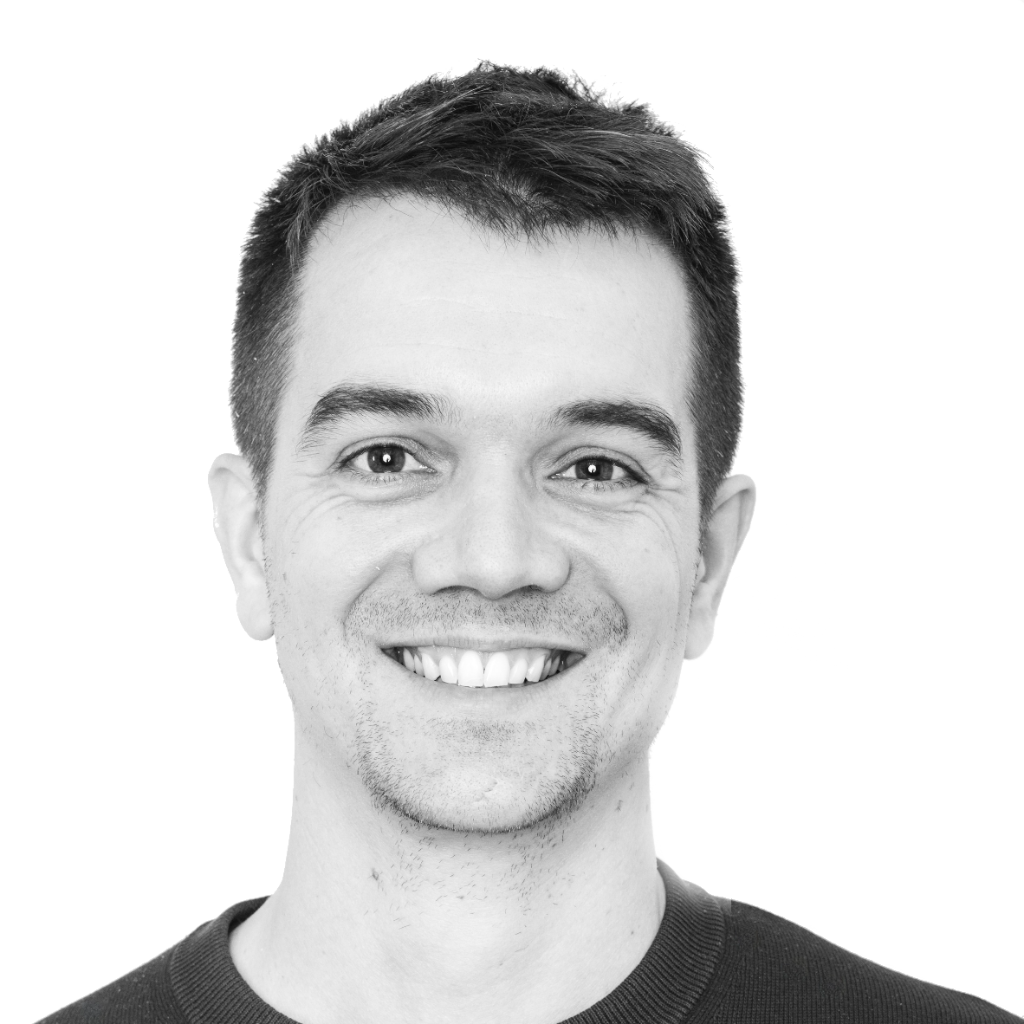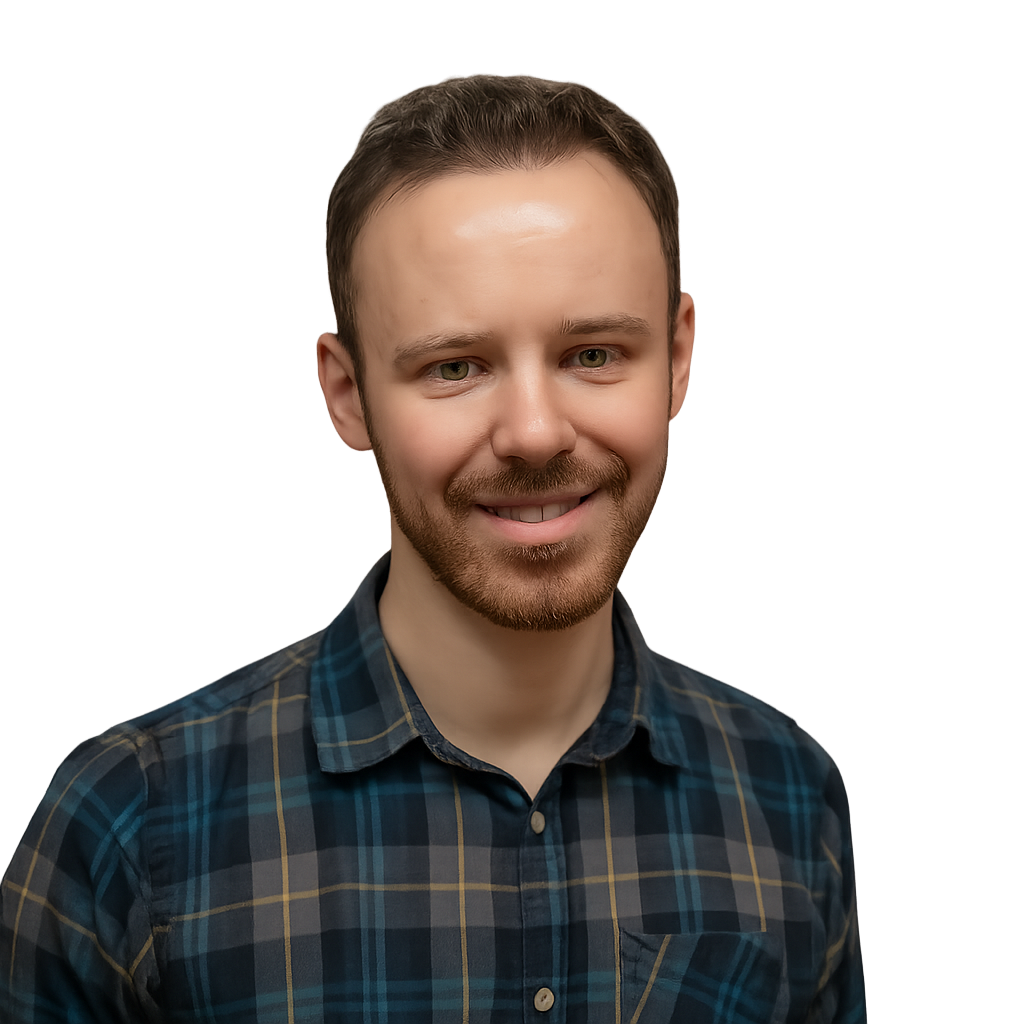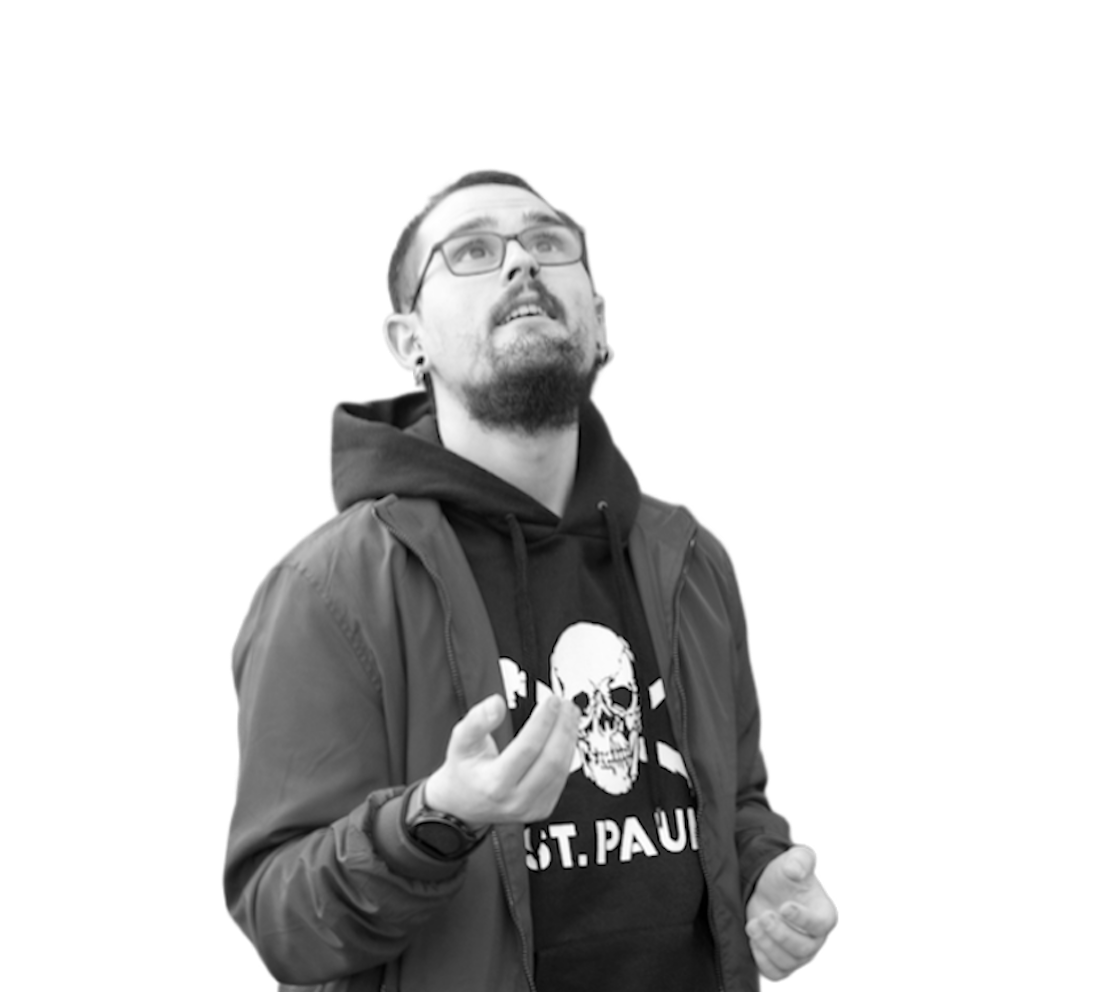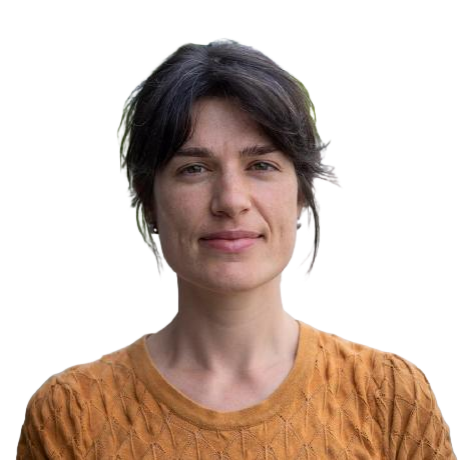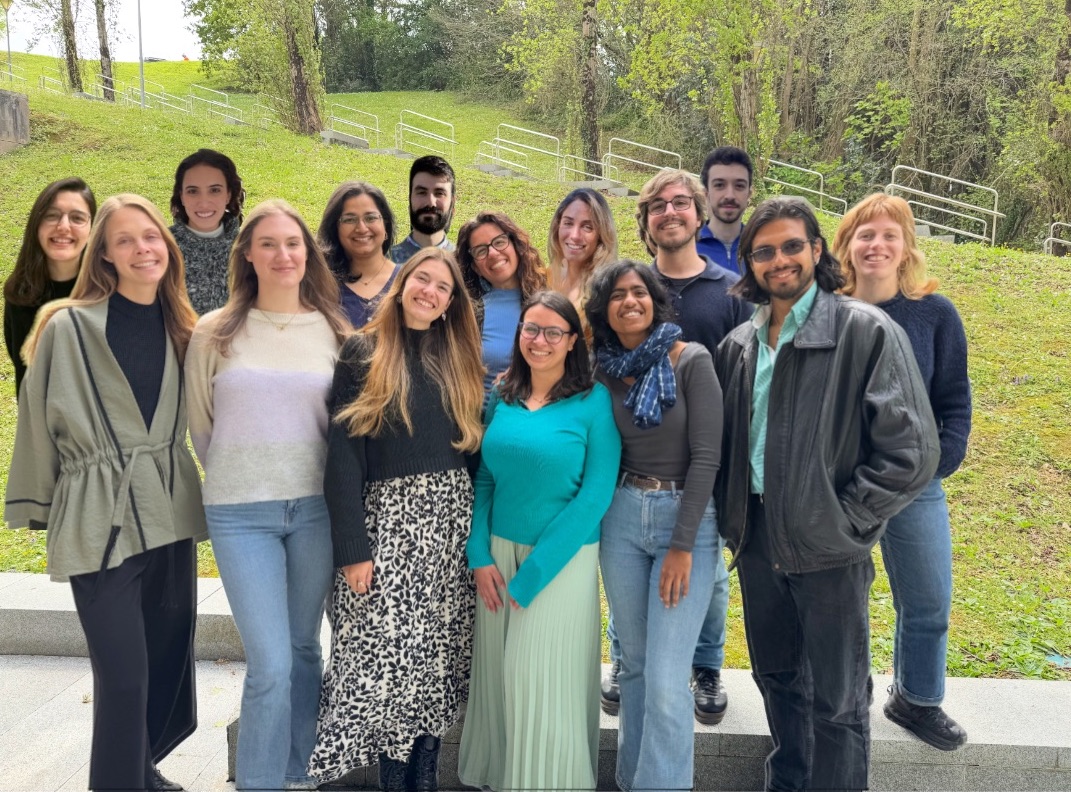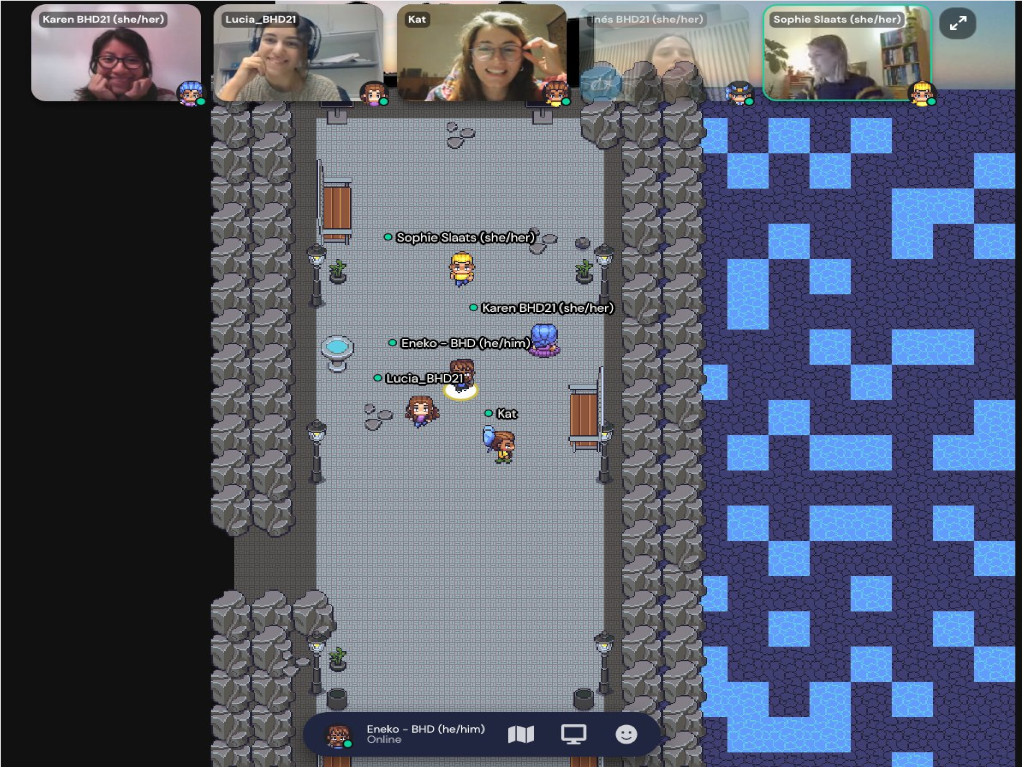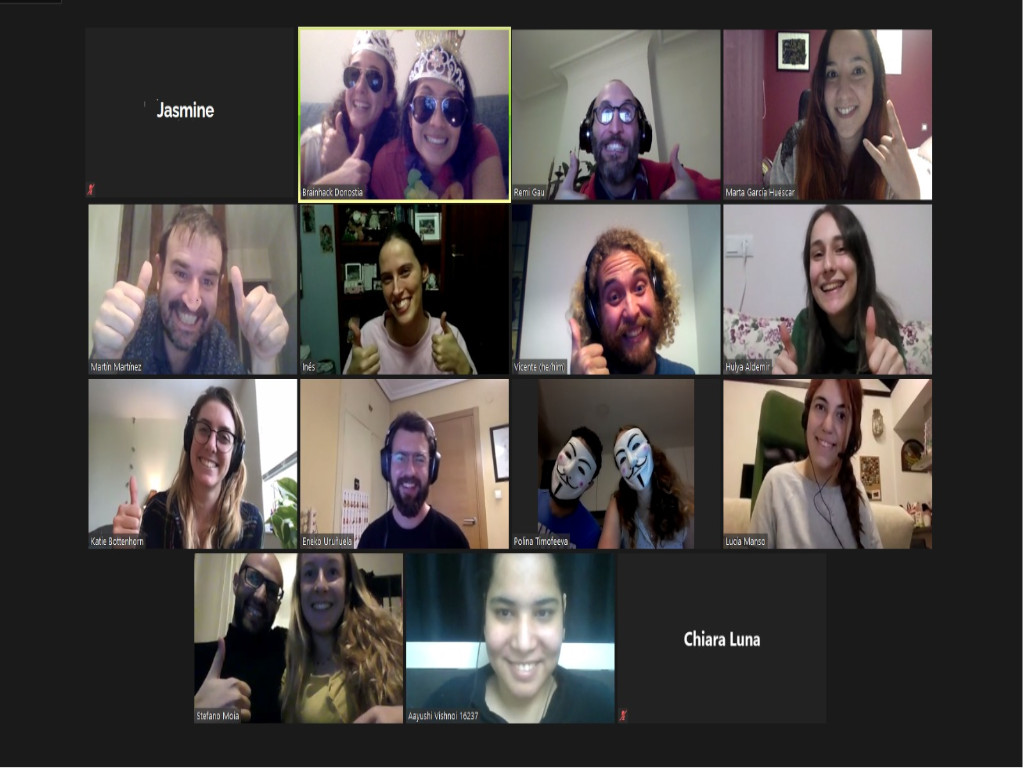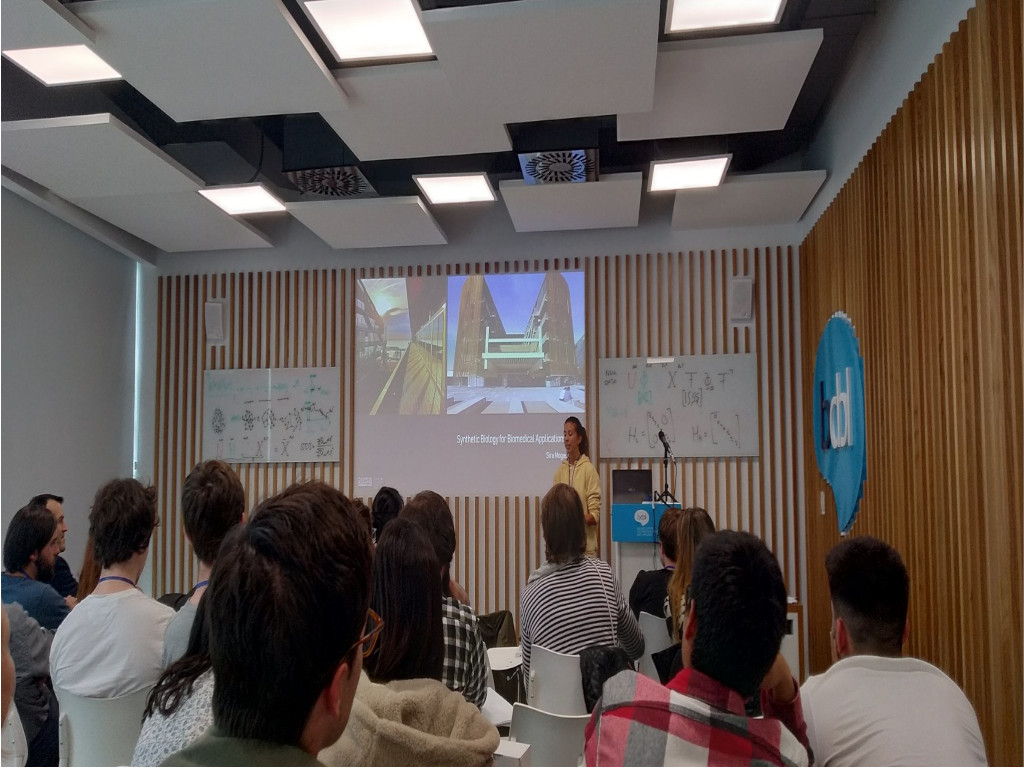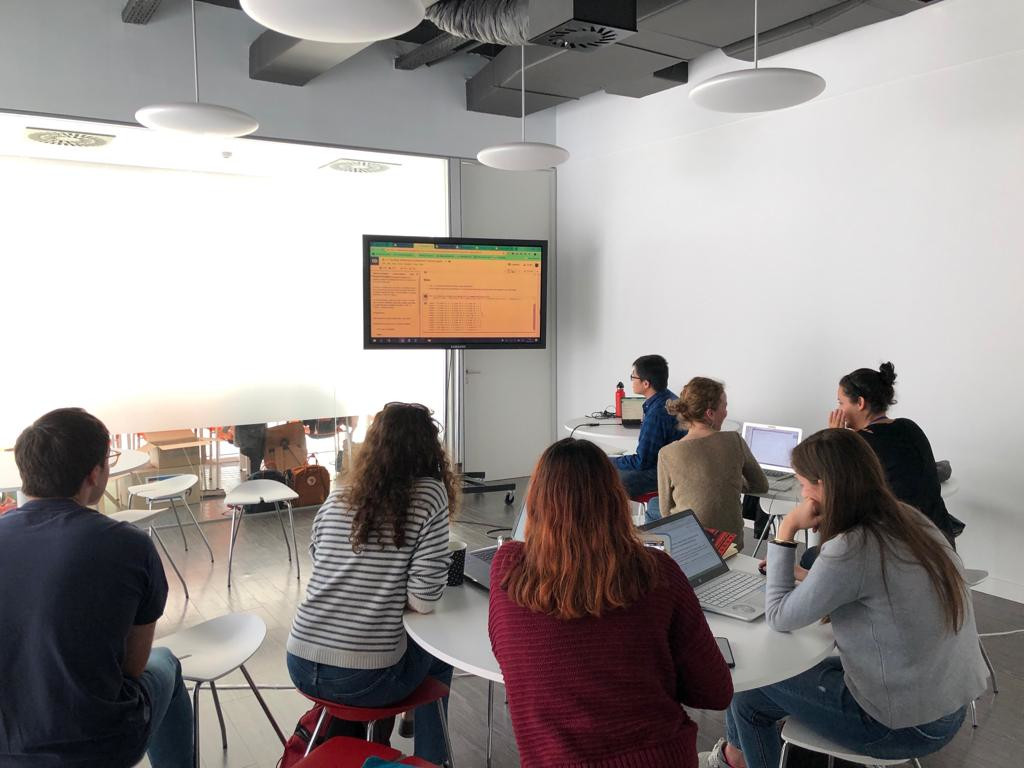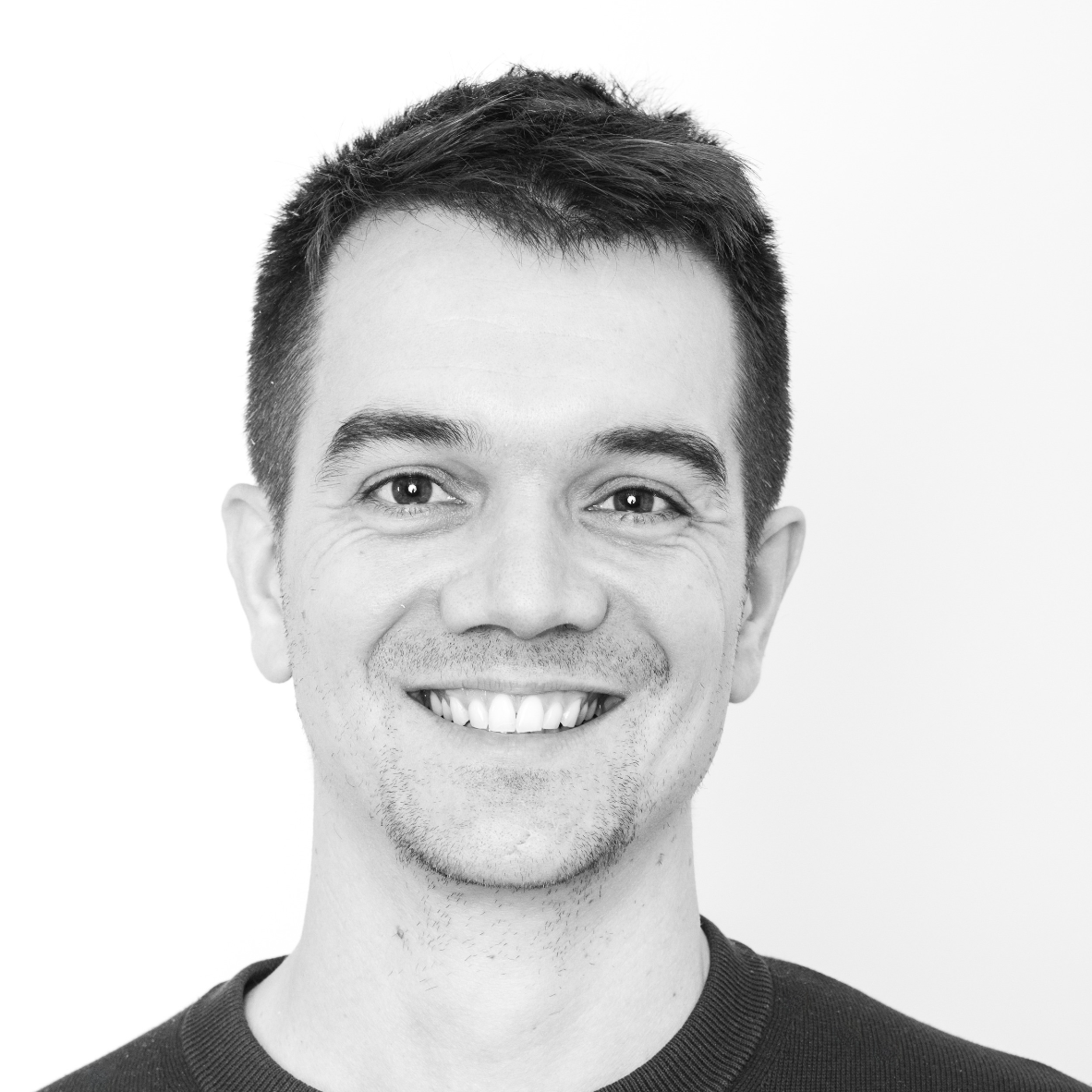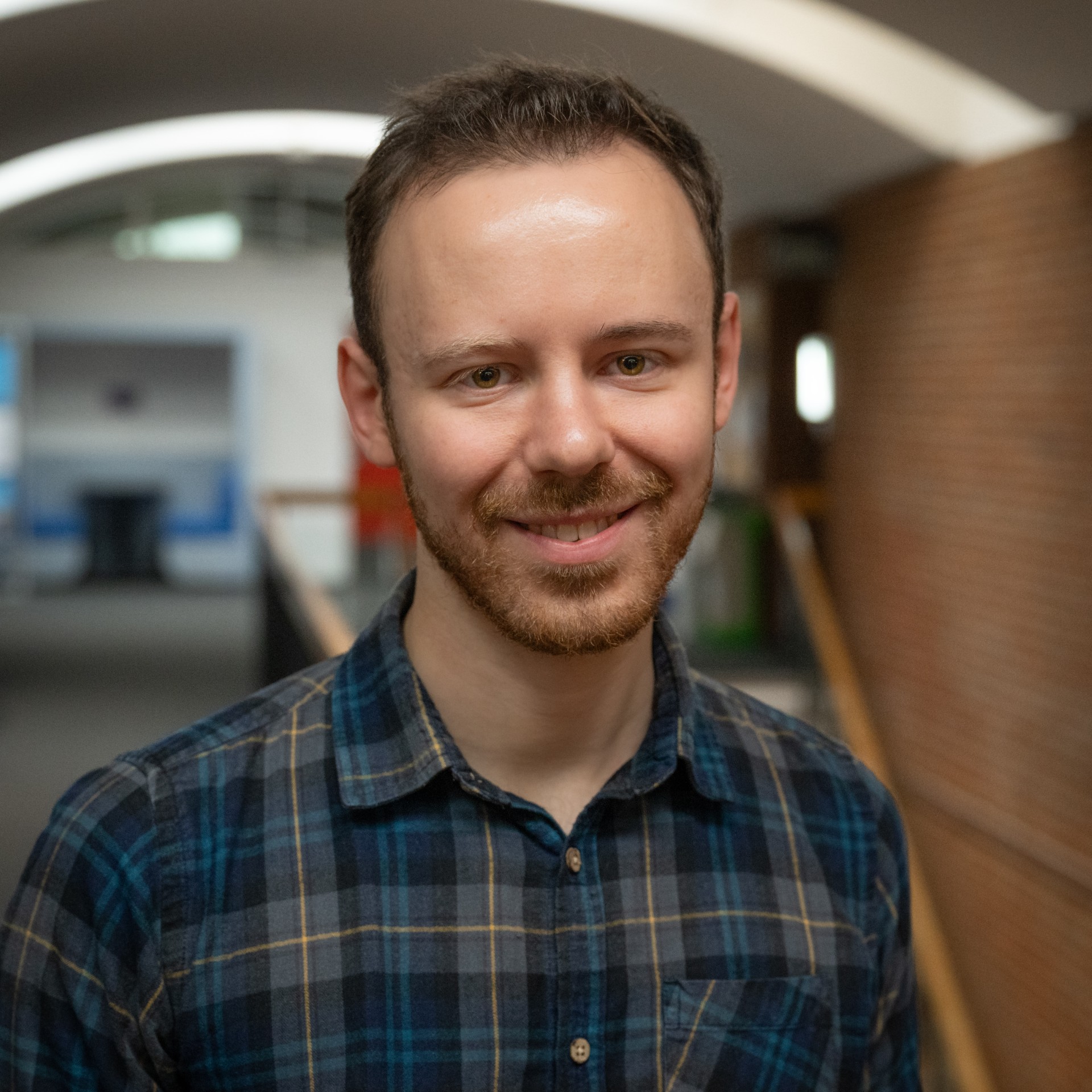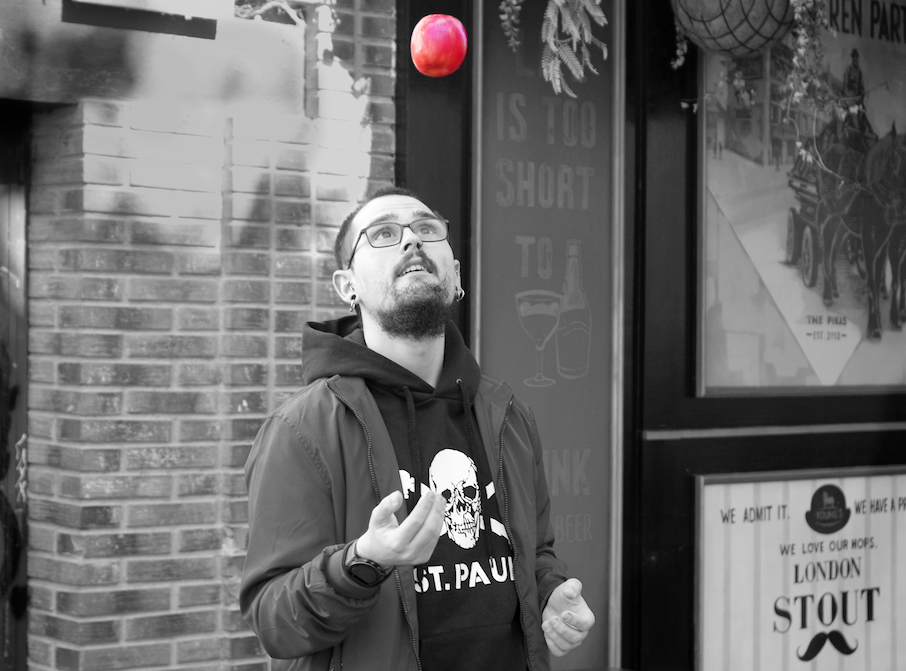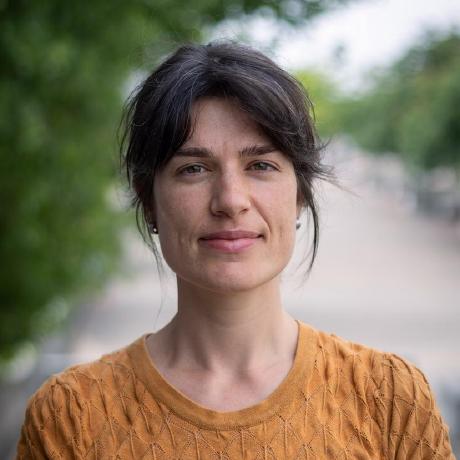BHD2025 Projects
Take a look at BHD2025's projects!
A Brainphack Project: Assessing false discovery rates in cog neuro
(Alejandro Tabas)
P-hacking is the practice of selectively reporting or analysing data until statistical significance is achieved, often inflating false positives.
Despite its prevalence, quantifying how difficult specific results are to obtain via p-hacking is a cumbersome task. This project introduces a novel metric, the
estimated P-Hacking Attempt-Insistence-Length (phail), defined as the expected number of times researchers would need to rerun their analyses to obtain the number
of significant results reported in a paper. We will apply this measure to a sample of highly cited behavioural and cognitive neuroscience studies. The project will
produce a library that computes the phail, providing an accessible resource for researchers and meta-scientists. If time allows, we will begin automating the full
workflow from paper to index computation. Ultimately, this project aims to deliver a practical tool for assessing the reliability of specific methodological pipelines
and tools, and support the assessment of authors, reviewers, and editors.
Goals
1. Define and formalise the P-Hacking Attempt-Insistence-Length (phail)
2. Think of a better name/acronym (BNA) for the phail
3. Select a set of behavioural-experiment papers in cognitive neuroscience for testing
4. Code the analysis pipelines of the selected papers and use simulations to estimate BNA
5. Create visualisations summarising the BNA distribution across studies (hopefully N > 20)
6. Scale up the code to an open-source library for the general computation of BNA
7. Devise a very cool name and acronym for the library
8. Explore automation of the end-to-end paper → BNA computation pipeline
9. Draft a short report detailing motivation, methods, findings, and next steps
This project will aim to implement a denoising module within the phys2cvr software for cerebrovascular reactivity mapping. Briefly, we will create a module that
implements the removal of the nuisance regressors (i.e. denoising) based on the lagged-GLM approach of phys2cvr.
This will involve understanding the phys2cvr pipeline and developing an efficient approach of the denoising step.
Goals
The deliverable will be to implement this step and make it work.
FAIR-PsyFlow: making psychological assessment methods and data FAIR by design
(Inês Almeida)
This workshop aims to discuss barriers, opportunities and best practices in psychological assessment (with extensions, input from and output to
behavioural research) using the lens of responsible and open science, reproducibility and FAIR principles. The end goal is to provide an opportunity for critically
thinking about these topics, hands-on training, and to create a workflow to guide researchers in best practices from the project starting point.
Goals
The workshop aims to build insight and develop a best-practices workflow (in line with responsible and open research, and FAIR principles)
for psychology that can be used, collaboratively worked and reused by others - with particular focus in the field of psychological assessment methods and data.
The goal it to make methods selection, application & reporting, and data management & sharing more transparent, easy and best practices compliant, motivating
all to prepare responsibly and share transparently their research practices and outputs – which are more diverse than a final thesis, research article or publication!
By the end of the workshop, a workflow (draft version) to implement in GitHub or in another collaborative platform should be created. This should contain key steps,
best practices and useful resources to think critically when designing a study or project in Psychology research (in particular when using psychological assessment methods and data).
"I know that I know nothing", or do I? A workshop on priors for Bayesian Modeling
(Iñigo Urrestarazu-Porta)
Bayesian Data Analysis (BDA) offers a powerful toolkit to study human
cognition and, overall, behaviour, where data collection tends to be
very demanding, limited, and time consuming. Yet, BDA often becomes a
daunting experience as it requires that the analyst specifies prior
distributions for all model parameters, and newcomers to BDA often feel
that they do not know at all how to define sensible priors for their
analysis. In consequence, they rely on the default priors used by the
software implementation used, e.g. brms (Bürkner 2017).
In the workshop, we will work on how to define (sensible) priors for a
range of data sets. First, we shall see that, upon reflection, reasoning
and the most simple knowledge of the world allows to constrain the
parameter space of priors. Second, researchers are experts in their own
fields, and we will discuss how we can leverage our expertise to find
(more) suitable priors. Finally, we will approach prior definition
through data simulation, as an empirical workflow to reassure our choice
of prior distributions. Thus, the workshop aims to empower analysts to
take full advantage of the possibilities offered by BDA.
Goals
The goal is pretty simple: learn how to think about priors, and apply that knowledge to your own research.
Developing a tool to estimate and report the carbon footprint of neuroimaging research
(Nick Souter)
This project will focus on workshopping, building, and disseminating a single tool which will allow neuroimaging researchers to estimate the
environmental impact of their research, based on factors including imaging modality, duration of data collection, and analysis software choice. Such a tool could
be used prospectively during grant writing, or retrospectively during manuscript writing.
Goals
1. Establish the scope of this tool including imaging modality (MRI only, or more diverse?), and aspect of the research process to be estimated
(e.g., data collection, analysis, and dissemination)
2. Collate appropriate benchmark statistics relating to the carbon footprint of various aspects of the research process
3. Establish and the most appropriate format for this tool (e.g., Python package, dedicated webpage)
4. Start work on a digital tool to allow neuroimaging researchers to estimate the environmental impact of their work
5. Produce clear documentation to facilitate easy tool use and explain methodology
6. Produce branding for the tool, including a clear and effective name and appealing visuals
Open Data BIDSifier: LLM-based BIDSifier and metadata harmonization for non-BIDS datasets
(Stefan Dvoretskii)
The goal of this project is to explore if LLM-based workflow machines (sometimes calles "AI agents) can meaningfully assist in metadata
harmonization, data format transformation and data preprocessing tasks that precede AI model inference or training. These tasks are time-consuming yet essential
to reproducible, large-scale neuroimaging research.
While the BIDS standard ensures interoperability, there are some datasets for which no BIDS annotation is available. This is a "dead data" which can not
be used on-par with BIDS datasets.
In this proof-of-concept, we aim to determine whether a coordinated system of AI agents can reliably execute these operations and produce AI-ready dataset
collections, similar to those hosted on platforms like HuggingFace Datasets: OpenMind, with minimal human intervention.
Goals
If successful, Open Data BIDSifier will serve as a foundation for an AI agent that can identify and harmonize different datasets
from open data, making sure these are immediately usable for machine learning and statistical analysis.
If successful, the developed data harmonizer tool will be published as a Python executable, as well as a HuggingFace space.
Fast Voxel-wise fMRI Correlation Mapping Using Phase Derivatives in LayNii IDA
(Omer Faruk Gulban)
Functional MRI analysis increasingly demands both higher spatial and higher temporal resolution: mesoscopic fMRI (submillimeter) reveals
cortical microstructure and layer-dependent signals, while ultrafast sampling (tens of Hz) captures rapid hemodynamic and physiological dynamics. Extracting
meaningful functional relationships at these scales requires voxel-wise correlation and connectivity computations across very large spatiotemporal arrays,
an operation that is computationally intensive and often prohibitive with standard toolboxes.
Here we introduce LayNii IDA, a purpose-built, highly optimized implementation for voxel-wise correlation and related voxel-wise operations that (i) scales
to submillimeter whole-brain or slab fMRI volumes, (ii) handles ultrafast single-slice and multi-slice acquisitions sampled at tens of Hz, and (iii) integrates
preprocessing and on-the-fly statistical transforms to minimize I/O and memory overhead. We demonstrate that LayNii IDA enables exploratory, data-driven
investigation of mesoscopic functional structure (layer- and column-scale), vascular structure, dynamic functional connectivity, and rapid quality control
workflows that previously required ROI strategies. For this Brainhack, we specifically aim to extend IDA with phase-based fMRI time-series analysis using
spatial phase derivatives. This implementation will allow voxel-wise correlation analyses in the phase domain, offering an alternative to the conventional
magnitude domain fMRI time series.
Goals
1. Load and interact with phase fMRI time series data
2. Implement circular grayscale and/or variants to visualize phase timeseries within the GUI
3. Implement phase spatial derivatives (first and second order)
4. Explore various phase fMRI datasets using voxel-wise correlations
5. Report interesting findings.
Previous Brainhack Donosti Editions
-
BHD 2025
Chairs: Monika Utroša Škerjanec & Clémentine Lévy-Fidel.
Team: Noemi Bonfiglio, Joaquín Ordoñez, José Antonio Gonzalo Gimeno, Francisca Campos Matias, Irtisha Chakraborty, Cristina Comella Luengo, Marco Flores-Coronado, Melissa Donati, Chiara Bernini, Nirmitee Mulay, Antje Walter, Daniel Nieto Carrero, Seyma Takir
-
BHD 2024
Chairs: Nirmitee Mulay & Emanuele Ciardo .
Team: Joaquin Ordones, Noemi Bonfiglio, Maria de Almeida Ribero, Kirill Aksenov, Manuela Ruzzoli, Cesar Caballero-Gaudes, Alejandro Tabas, Ihintza Malharin, Melissa Donati, Marco Flores-Coronado, Vincenzo Verbeni, Francisca Campos Matias, Catarina DOmingos, Irtisha Chakraborty.
-
BHD 2023
Chairs: Marco Flores-Coronado & Ihintza Malharin.
Team: Ana Bautista, César Caballero-Gaudes, Manuel Carreiras, Inés Chavarría, Cristina Comella Luengo, Garikoitz Lerma-Usabiaga, Leandro Lecca, Lucía Manso, Jiaqi Mao, Ryland Miller, Chiara Luna Rivolta, Anique Schüller, Cristina Tobias, Yi-Ting Yang.
-
BHD 2022
Chairs: Lucía Manso & Hana Zjakic.
Team: Hülya Aldemir, César Caballero-Gaudes, Manuel Carreiras, Inés Chavarría, Patxi Elsosegi, Marta la Pietra, Laura Fernández-Merino, Ane Gurtubay-Antolin, Garikoitz Lerma-Usabiaga, Leandro Lecca, Ning Mei, Mengxing Liu, Manuela Ruzzoli, Abraham Sánchez, Eneko Uruñuela.
-
BHD 2021
Chairs: Irene Arrieta & Chiara Luna Rivolta.
Team: Hülya Aldemir, Karen Arellano, César Caballero-Gaudes, Manuel Carreiras, Amaia Carrión, Inés Chavarría, Florent Dueme, Laura Fernández-Merino, Vicente Ferrer, Alberto Furgoni, Garikoitz Lerma-Usabiaga, Lucía Manso, Piermatteo Morucci, José Pérez-Navarro, Abraham Sánchez, Eneko Uruñuela.
-
BHD 2020
Chair: Eneko Uruñuela.
Team: Jose Aguasvivas, Daniel Alcalá, Hülya Aldemir, Irene Arrieta, César Caballero-Gaudes, Manuel Carreiras, Catherine Clark, Florent Dueme, Teresa Esteban, Vicente Ferrer, Candice Frances, Alberto Furgoni, Marta García, Meritxell García, Shuang Geng, Sandra Gisbert, Garikoitz Lerma-Usabiaga, Mengxing Liu, Ning Mei, Stefano Moia, Piermatteo Morucci, Carlos Pérez-Serrano, Ileana Quiñones, Chiara Luna Rivolta, Polina Timofeeva, Trisha Thomas.
-
BHD 2019
Chairs: Stefano Moia & Polina Timofeeva.
Team: Jose Aguasvivas, Daniel Alcalá, Nicoletta Biondo, Manuel Carreiras, Matteo Diano, Teresa Esteban, Vicente Ferrer, Candice Frances, Sandra Gisbert, James Hartzell, Maddi Ibarbia, Jordi Martorell, Ning Mei, Jose Pérez-Navarro, Carlos Pérez-Serrano, Eneko Uruñuela.
-
BHD 2018
Chairs: César Caballero-Gaudes & Stefano Moia.
Team: Lucia Amoruso, Usman Ayub Sheikh, Borja Blanco, Manuel Carreiras, Matteo Diano, James Hartzell, Maddi Ibarbia, Nicola Molinaro, Piermatteo Morucci, Sanjeev Nara, Craig Richter, Dana Scarinci, Maite Termenon, Polina Timofeeva.
Organizing Team
Brainhack Donosti 2025
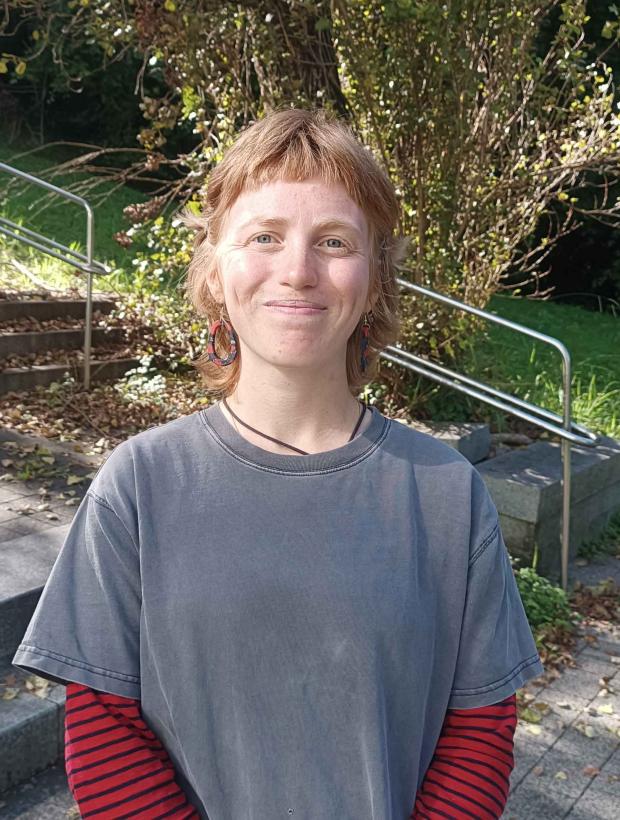
Clementine Levy-Fidel
Chair
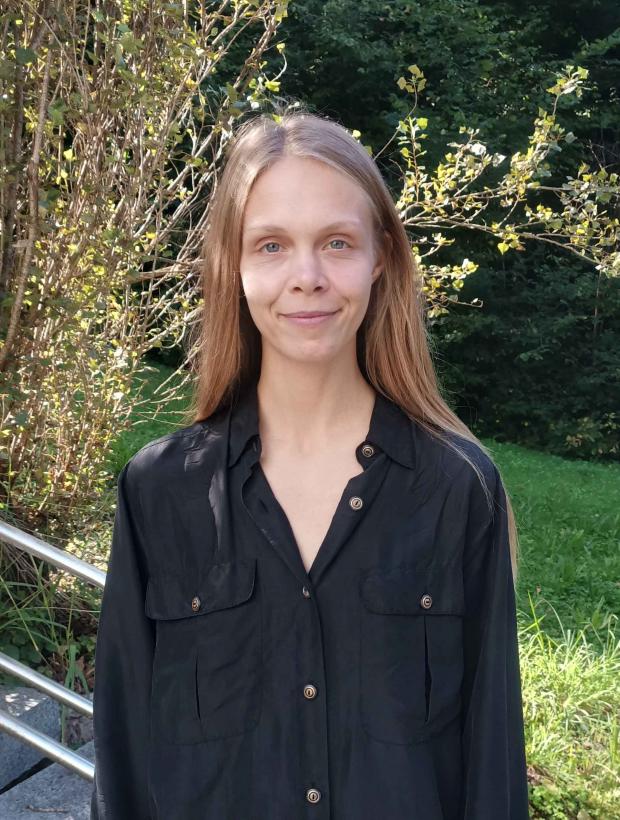
Monika Utrosa Skerjanec
Chair
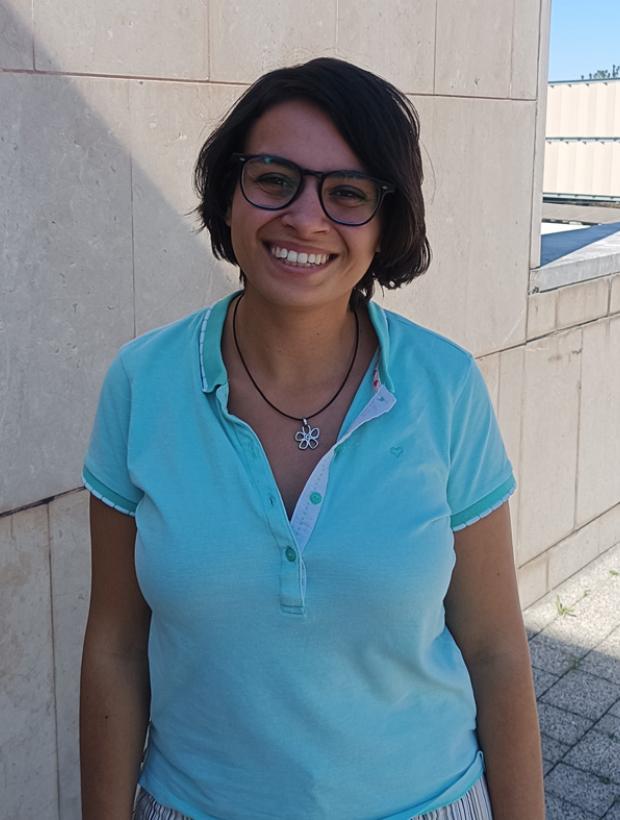
Noemi Bonfiglio
Treasury
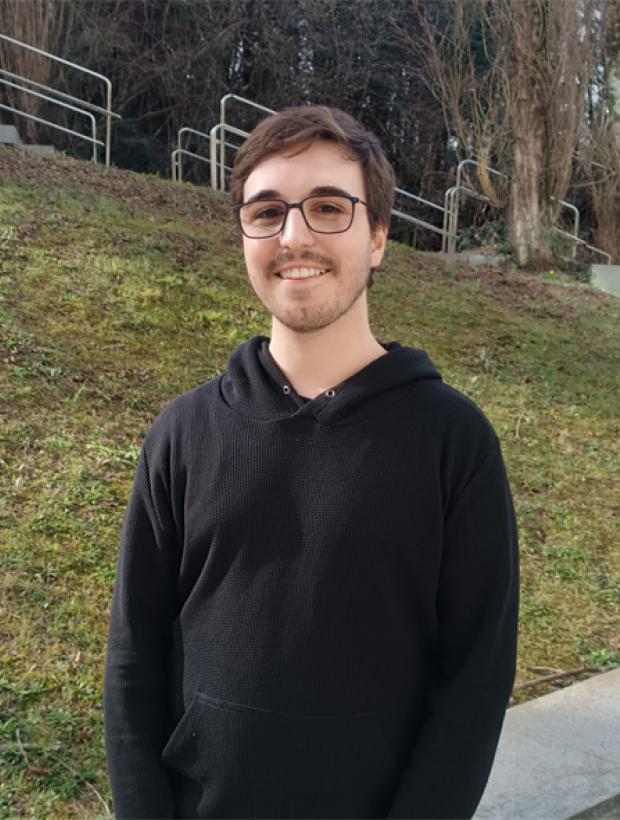
Joaquin Ordonez
Treasury
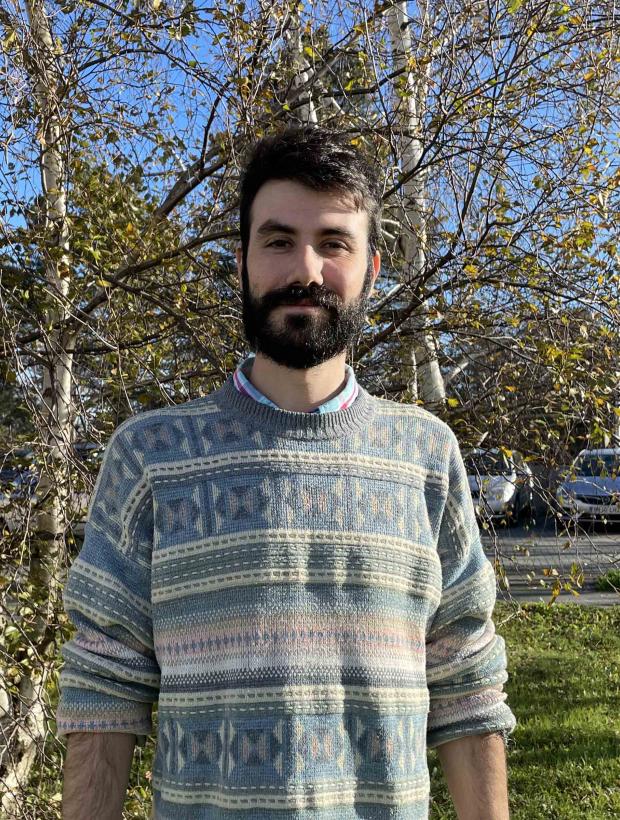
Jose Antonio Gonzalo Gimeno
Treasury
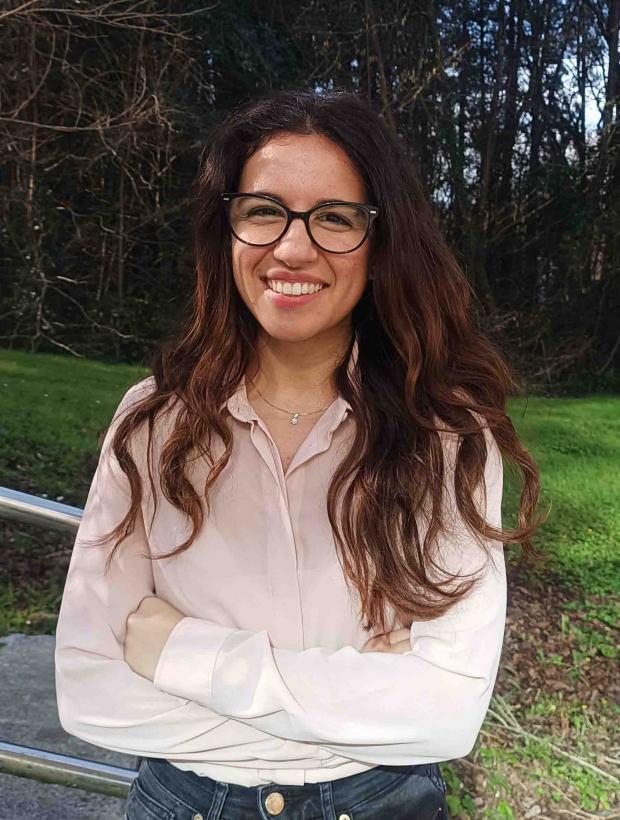
Melissa Donati
Website/Design
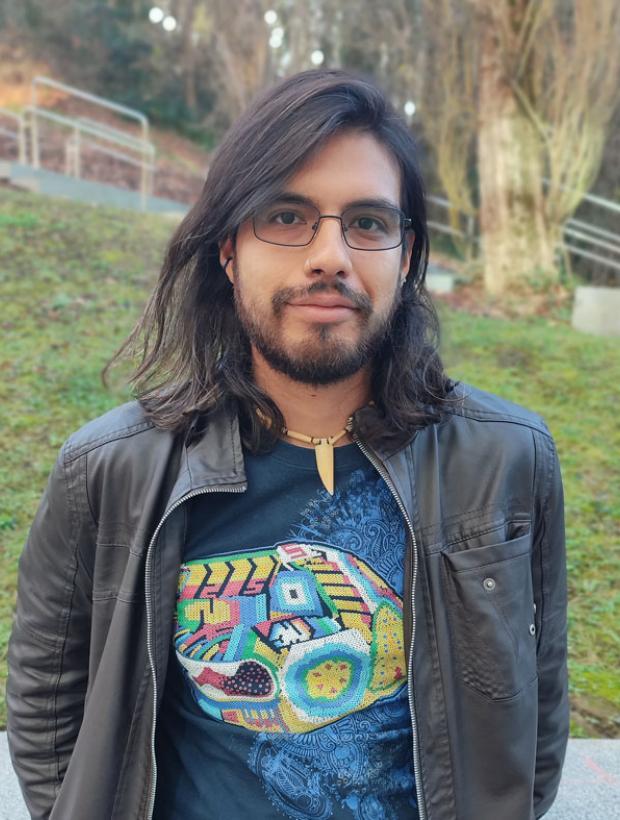
Marco Flores-Coronado
Website
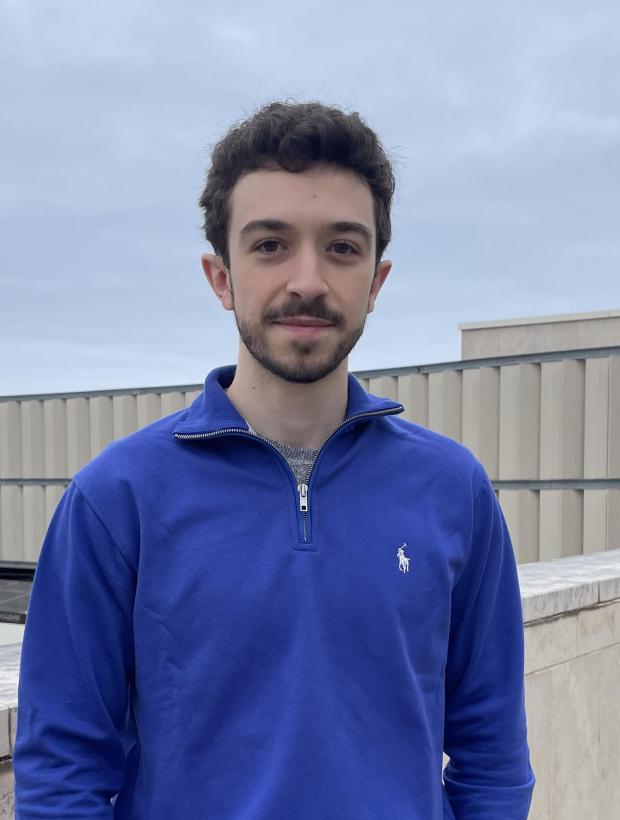
Daniel Nieto Carrero
IT
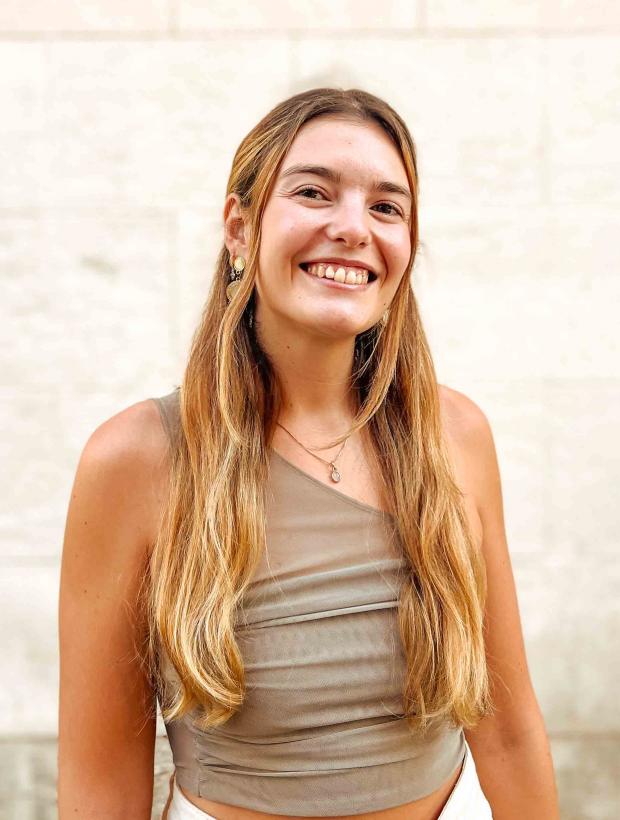
Francisca Campos Matias
Program
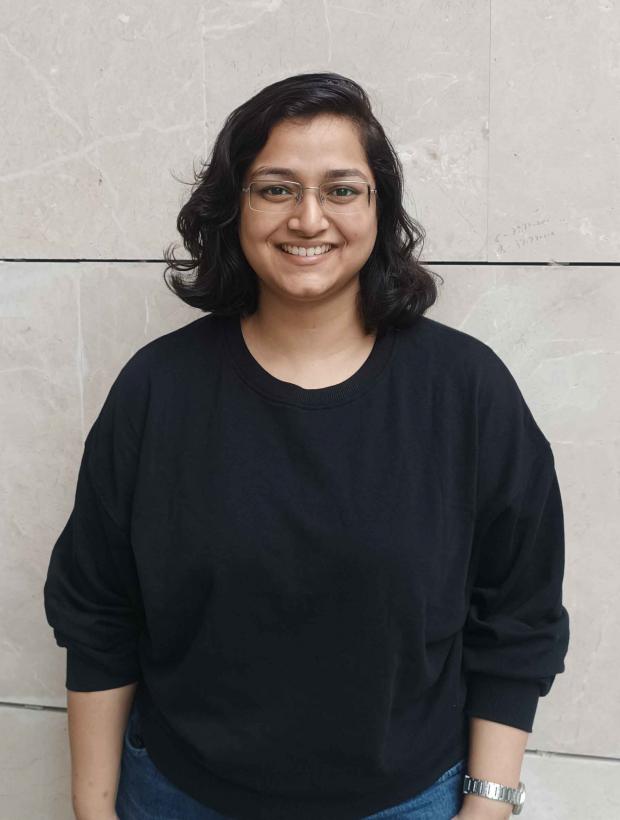
Irtisha Chakraborty
Program
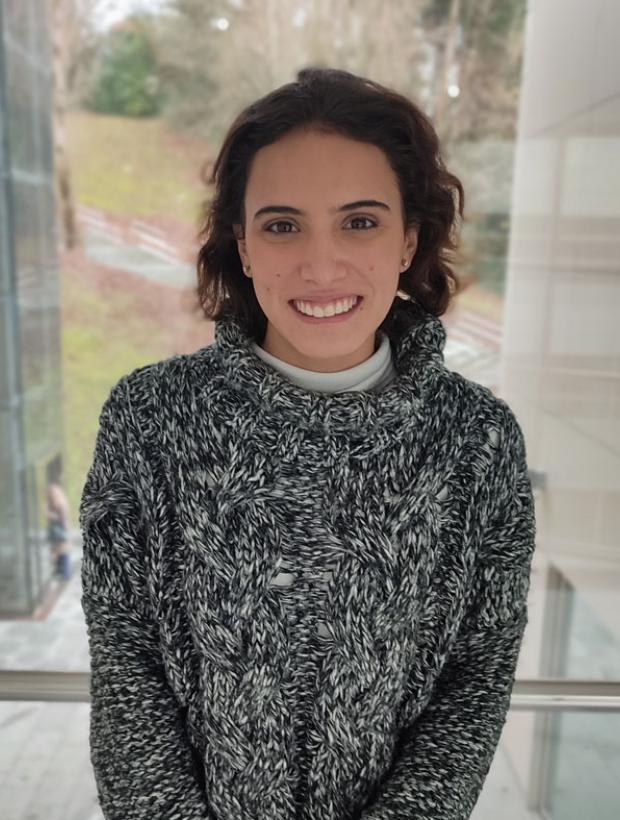
Cristina Comella Luengo
Program/Design
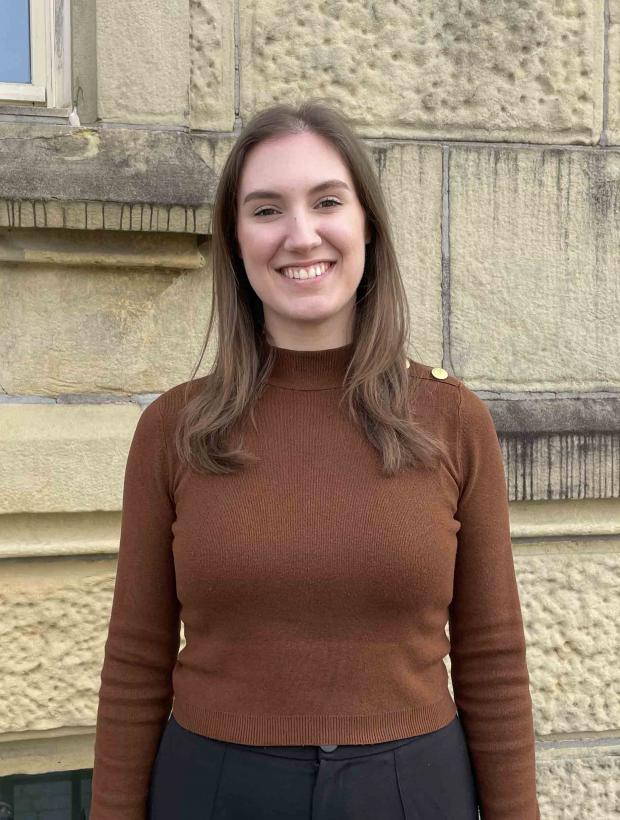
Chiara Bernini
Design/Public relations
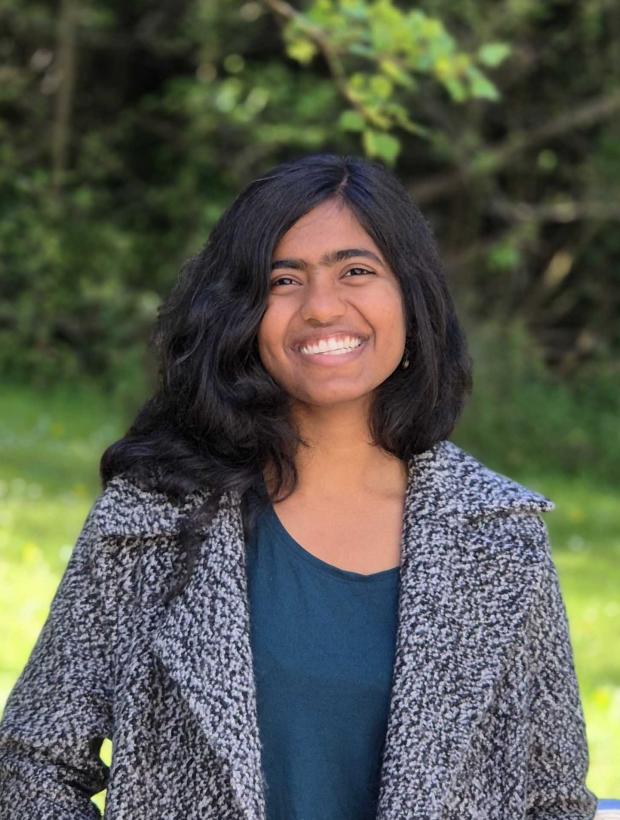
Nirmitee Mulay
Design/Public relations
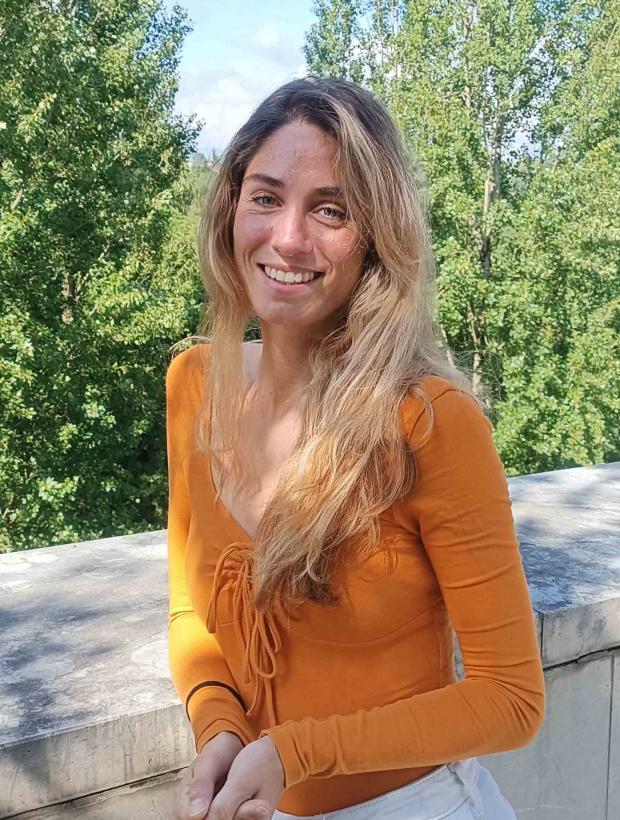
Antje Walter
Public relations
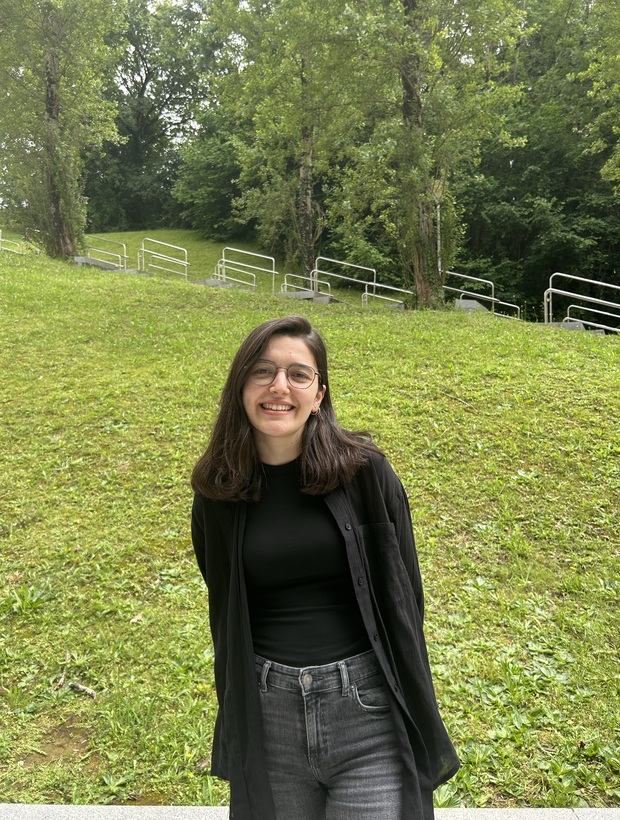
Seyma Takir
Website
Code of Conduct
Brainhack is dedicated to providing a harassment-free Brainhack experience for everyone, regardless of gender, gender identity and expression, sexual orientation, disability, physical appearance, body size, race, age or religion.
We do not tolerate harassment of event participants in any form. Sexual language and imagery is not appropriate for any event venue, including talks.
Event participants violating these rules may be sanctioned or expelled from the event without a refund at the discretion of the event organizers.
Harassment includes, but is not limited to:
- Verbal comments that reinforce social structures of domination related to gender, gender identity and expression, sexual orientation, disability, physical appearance, body size, race, age or religion.
- Sexual images in public spaces
- Deliberate intimidation, stalking, or following
- Harassing photography or recording
- Sustained disruption of talks or other events
- Inappropriate physical contact
- Unwelcome sexual attention
- Advocating for, or encouraging, any of the above behaviour
Enforcement
Participants asked to stop any harassing behavior are expected to comply immediately.
Organizers and presenters are also subject to the anti-harassment policy. In particular, they should not use sexualized images, activities, or other material.
Event organisers may take action to redress anything designed to, or with the clear impact of, disrupting the event or making the environment hostile for any participants.
If a participant engages in harassing behaviour, event organisers have the responsibility to remind the offender about Brainhack’s Code of Conduct, and warn them that repeated inappropriate, uncivil, threatening, offensive, or harmful behavior can lead to a temporary or permanent ban from the event with no refund.
The offending person(s) may also see affected their participation in future Brainhack events.
We expect participants to follow these rules at all event venues and event-related social activities. We think people should follow these rules outside event activities too!
Reporting
If someone makes you or anyone else feel unsafe or unwelcome, please report it as soon as possible to the event organizers or
safety.bhg-donostia@bcbl.eu.
Harassment and other code of conduct violations reduce the value of our event for everyone. We want you to be happy at our event. People like you make our event a better place.
You can make a report either with your personal email or using an anonymous email.
